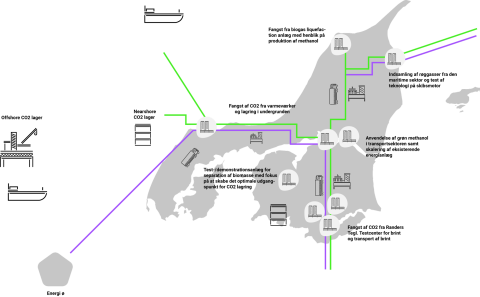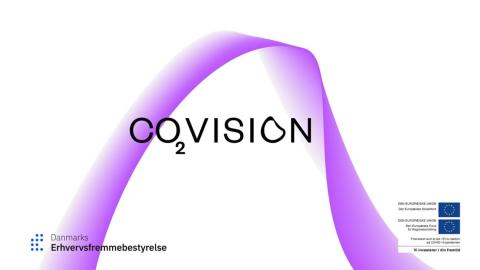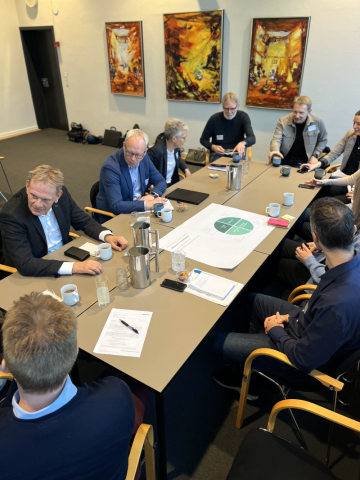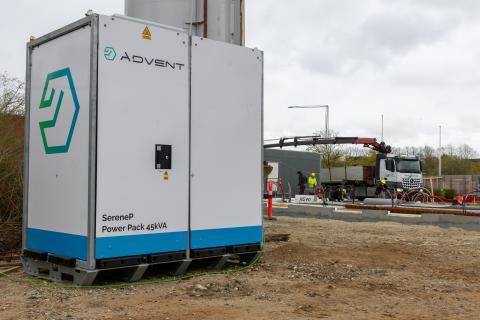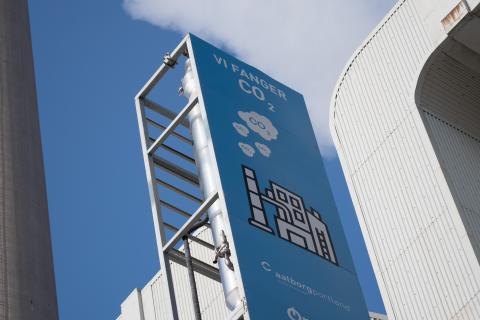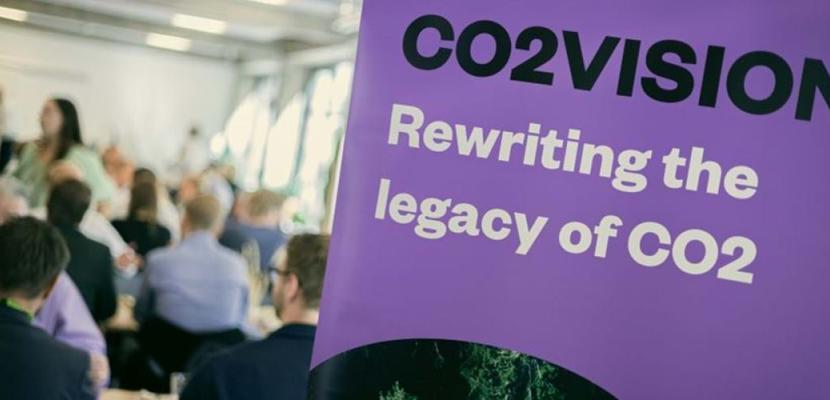
North Denmark Region as Large-Scale CCUS Testbed

About this good practice
The North Denmark region is home to non-electrifiable fossil-fuelled industry (cement production) and CO2-emitting energy production plants. To reach the national Danish target of 70% carbon reduction in 2030, Green Hub Denmark under Aalborg Municipality initiated CO2VISION – a regional development project that drives the implementation of carbon capture, utilization and storage (CCUS) in North Denmark.
To cover the entire region, 8 test and demonstration sites were implemented covering the different aspects of CCUS, eg. carbon capture from industry, methanol production, hydrogen test sites, CO2 transport and offshore storage.
A governance model ensured alignment between private investment and public policy, and in addition to the test and demonstration sites, coordinated working groups worked with overarching subjects, such as technical feasibility studies, international collaboration and a regional CCUS roadmap - identifying key emitters, infrastructure requirements, and cross-sectoral opportunities.
CO2VISION connected more than 50 partners. Main stakeholders including large industrial emitters (e.g., cement, waste and energy companies), municipal and regional authorities, ports, research institutions and SMEs – all within the North Denmark region.
Resources needed
CO2VISION received 10 mio. € from REACT-EU and resulted in private investments of the same amount (2.0 and NeXt had own funding). The project had 3 FTE on overall for project management, administration, communication and controlling, as well as percentages of personal costs for partners involved.
Evidence of success
The success lies in the concrete outputs supporting regional CCUS deployment: a CCUS Roadmap, 8 test sites, and 2 follow-up projects (2.0 and NeXt) that provided funding for additional sites on industrial and agricultural decarbonization in North Denmark. Operators on the Danish EU-REACT funds, The National Business Authority, conducted an independent evaluation that shows that 80% of the partners involved, agreed that CO2VISION had significantly strengthened the regional CCUS ecosystem.
Potential for learning or transfer
CO2Vision has replication potential across Europe and serves as a proven and scalable template for regions seeking to advance CCUS infrastructure through the development of a regional CCUS hub with strong public-private partnerships.
Its success is built on early partner engagement (both public and private), co-created roadmaps, and securing both EU programme funding and contributions from regional actors.
The model’s approach (roadmap development, governance structure, pilot project funding) makes it highly adaptable across regions aiming to decarbonise heavy industry.
Key factors for successful transfer include political support, industry participation, funding (eg. JTF) and alignment with national climate strategies. Challenges could arise in regions lacking technical expertise or funding access, but the concept is adaptable and responsive to local conditions.
Further information
Images
